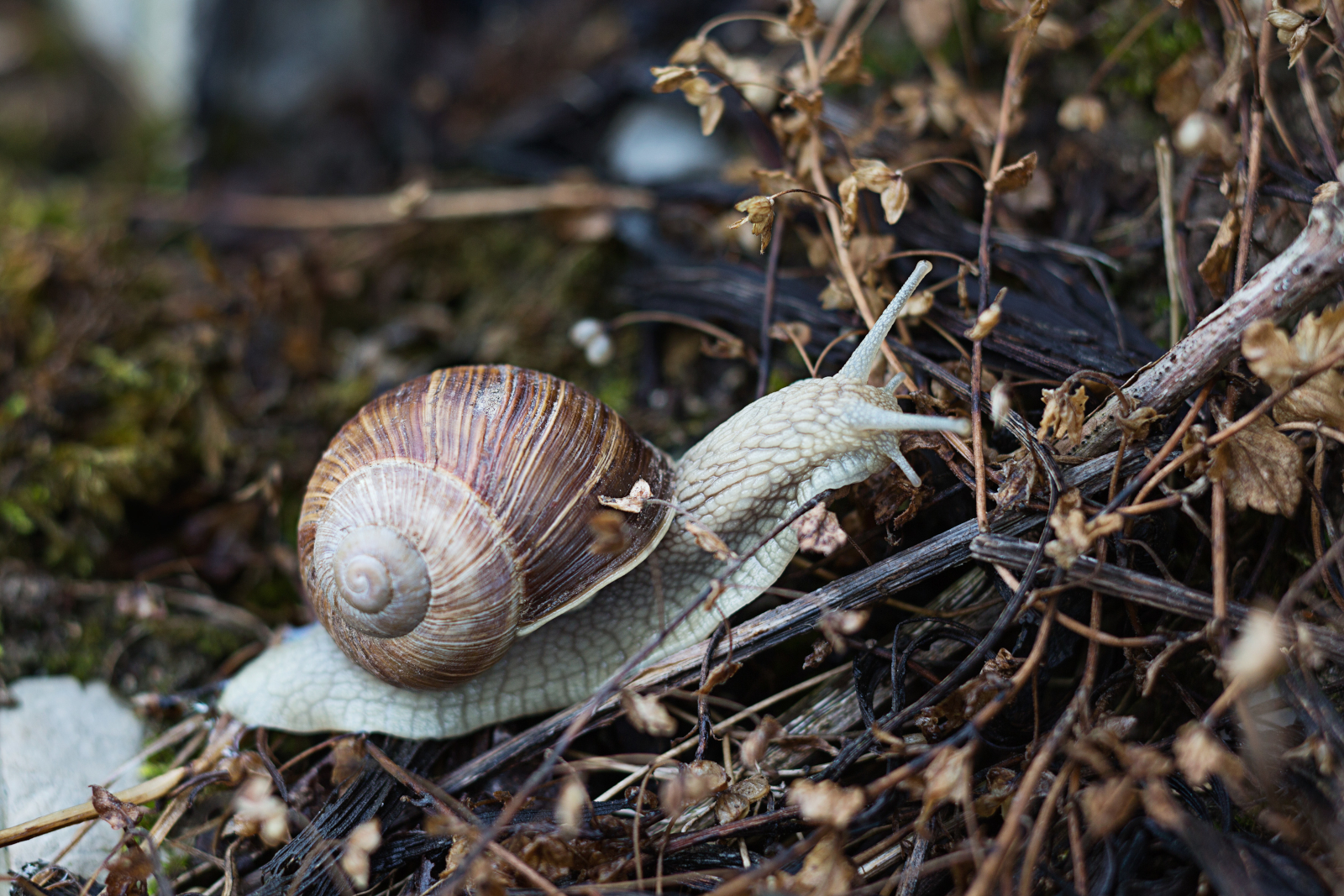Naturals conquer the wine world
Formerly critically eyed, now established
22 July 2020
Werner Elflein
 Photo: Deutsches Weininstitut
Photo: Deutsches WeininstitutToday, natural wines, also called naturals, form an independent and recognised wine category. Hardly anyone would have seriously expected that this would one day be the case ten or twenty years ago. And rightly so. For a long time, many of the wines were simply faulty. In the meantime, however, the picture has changed decisively. A comment by Werner Elflein.
Natural wine refers to a generalized movement among winemakers for production of wine using simple or traditional methods. Although there is no uniform definition of natural wine, it is usually produced without the use of pesticides or herbicides and with few or no additives. Typically, natural wine is produced on a small scale using traditional rather than industrial techniques and fermented with native yeast. In its purest form, natural wine is simply unadulterated fermented grape juice with no additives in the winemaking process. Other terms for the product include low-intervention wine, raw wine, and naked wine.
If we at weinfreaks.de have had a bit of a hard time with natural wines in the past, this is not because special criteria apply to their assessment that cannot be reconciled with a conventional understanding of wine. This is not the case at all. Rather, it were simply errors in craftsmanship that forced us to shake our heads, sometimes violently.
We remember instructive experiences in the past, for example with the Sicilian red wine “Magma” from 2001. The Belgian Frank Cornelissen, who settled in Castiglione di Sicilia as a dropout, did not add any sulfur to his wine. Without a doubt, it was a great wine, perhaps one of the greatest we have ever drunk. Unfortunately, however, the joy soon gave way to disillusionment when, after the winter, the temperature in the cellar rose and the microbiological time bomb ignited. What we found in the glass after only a few months could be aptly described as the aroma and mouthfeel of wool.
In the past, we were seldom happy with unsulfured white wines either, as they already seemed haggard, clearly aged and downright frail to us when they were still young. A vintner from the Moselle once admitted with a slight wink to his audience why he is using sulfites, presenting an unsulfured Riesling with the words “Because otherwise it tastes like this.”
It seems to us that the largely irrational desire of many consumers for unsulfured wines has led to many misunderstandings. After all, all wine naturally contains sulfites. Sulfur-free wines therefore do not exist. Consequently, it cannot be a question of whether sulfur should be contained in wine or not, but at most of how much of it has to be added in order to preserve a wine for an adequate period of time. However, what period of time is considered adequate is a matter of opinion. We wonder, however, what a wine enthusiast, who generally wants to follow the development of a wine over a longer period of time, is supposed to do with a product that can only be kept for a very short time. In our opinion, it is up to the winemakers to guarantee a life of at least a few years – natural wine or not.
The repeated claim that the sulfur bound in wine causes headaches belongs to the realm of legends. Allergic reactions to sulfur are extremely rare, and anyone who eats foods rich in histamine with wine should not be surprised by the effect, but should not be too hasty in attributing it to the alcoholic beverage. From a purely factual point of view, there is not really a weighty argument against the addition of sulfur.
A distinction must be made in the discussion between the sulfurisation of the must and the addition of sulfite after fermentation. A careful sulfurisation of the must has a much lower impact on the wine.
Fortunately, there are now enough producers in the natural wine scene who make their decision for or against sulfur individually dependent on the wine and not on an unworldly dogma. What also seems extremely important to us is that the young generation of winemakers is excellently educated and has done his homework. For those who rely entirely on nature and do without the safety net of modern cellar technology must know what they are doing and what they may refrain and when. We are convinced that it is precisely the increasingly high qualification of the (in particular German) winegrowers that have contributed decisively to the breakthrough of natural wines.
More and more natural wines have been entering the market recently, often from winemakers who see a niche here alongside their conventional product range. This has been accompanied by a significant increase in the quality of natural wines. Following wine drinkers' desire for wines that are as original and untreated as possible (and preferably produced according to the principles of biodynamics), this is also by no means just a fad. In what was once a field of experimentation, naturals have now established themselves as a serious wine category.
Natural wines often offer taste experiences far from the mainstream, which many wine experts sometimes classify as flawed only because of their individuality. This is surprising insofar as there are clear standards for almost all wine faults that apply equally to all wine categories. However, the subjective and non-objectifiable perception of alleged wine faults occurs more frequently with natural wines. Therefore, every taster is called upon to behave professionally and to put his personal taste preferences aside.